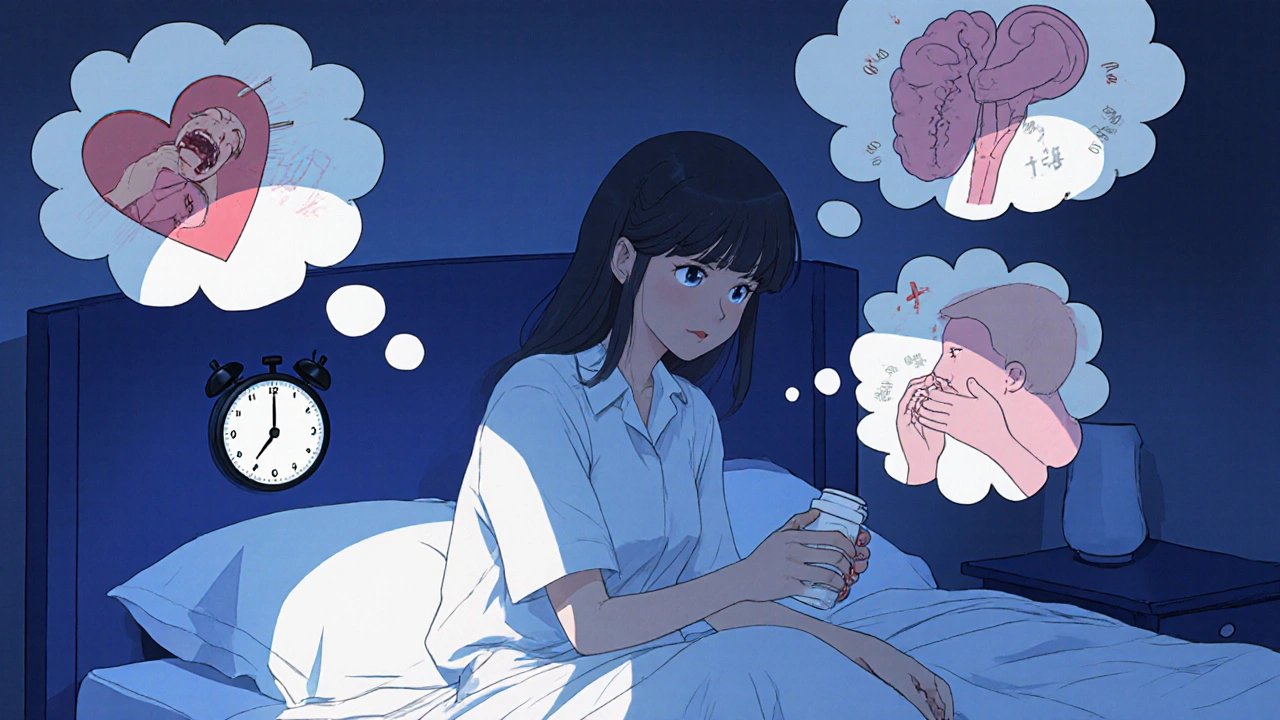Medication Side Effects Anxiety: What You Need to Know
When you take a medication for depression, pain, or another condition, you expect relief—not medication side effects anxiety, an unintended feeling of nervousness, panic, or restlessness triggered by a drug. Also known as drug-induced anxiety, this isn’t rare. It happens with antidepressants, stimulants, steroids, and even some heart or thyroid meds. If you’ve felt your heart race after starting a new pill, you’re not imagining it.
This isn’t just about SSRIs like Celexa or Paxil. Even sleep aids like trazodone, pain relievers, and antibiotics can stir up anxiety in some people. The body reacts differently to each compound, and sometimes the brain misreads the chemical shift as danger. Withdrawal from benzodiazepines or sudden drops in dopamine can trigger panic too. It’s not weakness—it’s pharmacology. You don’t have to live with it. Many of the posts here show real comparisons: how trazodone affects sleep and mood, how fluoxetine in Malegra FXT Plus might spike nervousness, or why switching from one antidepressant to another changes your anxiety levels.
Some people mistake anxiety from medication for their original condition worsening. That’s why tracking when symptoms started matters. Did the jitteriness begin days after you began taking minocycline? Or after stopping warfarin? The connection isn’t always obvious, but it’s there. You’ll find guides here that break down how specific drugs like lamotrigine, diacerein, or dapagliflozin interact with your nervous system. These aren’t theoretical—they’re based on patient reports and clinical patterns.
You’re not alone if you’ve ever Googled "why do I feel so anxious on this pill?" The goal here isn’t to scare you off meds—it’s to help you spot the real triggers, understand your options, and talk to your doctor with clear facts. Whether you’re managing depression, chronic pain, or heart health, your medication shouldn’t make your anxiety worse. The posts below give you the tools to ask the right questions, compare alternatives, and find a balance that works for your body—not just your diagnosis.

Psychological Strategies to Manage Anxiety About Medication Side Effects
Learn proven psychological strategies to manage anxiety about medication side effects, reduce fear, and improve adherence. Discover how CBT, mindfulness, and symptom tracking can help you stick with your treatment.
